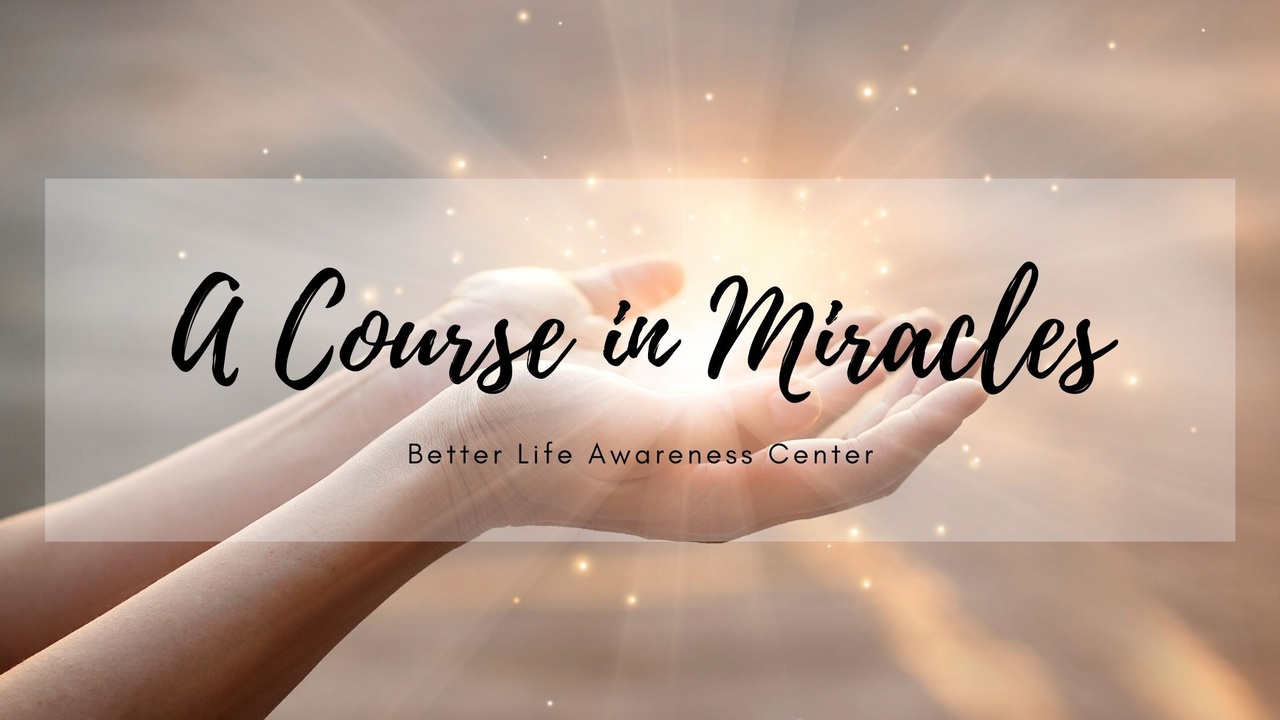Education stands as a cornerstone of progress and development in societies around the world. Its influence transcends generations, shaping individuals a course in miracles into well-rounded, knowledgeable citizens and contributing to the advancement of economies and cultures. The significance of education cannot be overstated, as it not only imparts academic knowledge but also cultivates critical thinking, problem-solving skills, and a sense of responsibility.
At its core, education is about more than just acquiring facts; it’s about fostering curiosity and a thirst for knowledge. Through education, individuals are exposed to a diverse range of subjects, from mathematics and science to literature and the arts. This exposure not only equips them with practical skills for the workforce but also nurtures their creativity and ability to adapt to an ever-changing world.
In recent years, there has been a growing recognition of the need for holistic education that addresses not only academic prowess but also emotional intelligence and social skills. Schools and institutions are placing more emphasis on character education, teaching empathy, communication, and teamwork alongside traditional subjects. This approach prepares students not only to excel in their careers but also to navigate the complexities of human interactions with understanding and compassion.
The benefits of education extend far beyond individual growth; they ripple through communities and societies. Educated individuals are more likely to make informed decisions, engage in civic activities, and contribute positively to their communities. Moreover, education has been shown to be a powerful tool in breaking the cycle of poverty and promoting social mobility. By providing equal access to quality education, societies can work towards reducing inequalities and promoting inclusivity.
